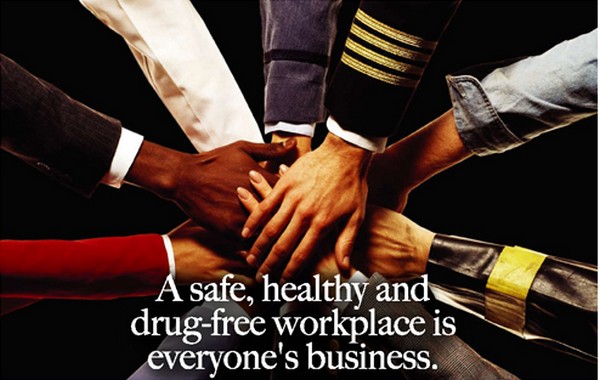
Media Release 28 July 2020
The Say Nope To Dope campaign says that despite the sales pitch from the Drug Foundation that employers are overreacting and Andrew Little claiming that cannabis use is already ‘widely available’, employers have every reason to be concerned about attempts to legalise the recreational use of cannabis.
In the US, marijuana legalisation has had serious ramifications for businesses. Increased marijuana availability and use has increased the number of employees testing positive for marijuana in the workforce.
Marijuana is the most commonly detected substance and has the highest drug positivity rate among all other tested substances across the majority of industry sectors in the U.S. (Quest Diagnostics, 2017). Among the top-ranking industries for the highest rates of positive marijuana testing, transportation and warehousing was number one with 33.3%. Meanwhile the construction industry had an average of 26.7% positive marijuana testing (Quest Diagnostics, 2018).
“Contrary to the Drug Foundation’s claims about Canada where legalisation has been only recent and good research not readily available on trends, in the three-year period following legalisation in Colorado and Washington, positive oral-fluid test results for marijuana use increased almost 75%, from 5.1% to 8.9%. Marijuana urine test results in Washington and Colorado are now double the national average,” says spokesperson Aaron Ironside.
One in four marijuana users who are employed admit to getting high at work within the past year, according to a new survey of cannabis consumers in Washington, Oregon and Colorado, three states where recreational weed is legal. Workforce marijuana-positivity rates in all “legal” states but one (Alaska) are above the national average. For example, 2018 positivity rates in Maine (5.0%), Oregon (4.3%), Nevada (4.0%), Massachusetts (3.3%), Colorado (3.0%), California (2.5%), and Washington (2.4%) are higher than the national average (2.3%) (Quest Diagnostics, 2019). Most states that have legalised marijuana show an increasing trend in positivity rates.
Insurance claims have become a growing concern among companies in US states that have legalised marijuana because if marijuana use is allowed or drug testing ignored, employers are at risk of liability claims when a marijuana-related injury or illness occurs onsite. Studies consistently show marijuana users have significantly lower levels of commitment to their work than non-users, and are absent more often. Even when controlling for alcohol use, pot users are 106% more likely to have missed at least one day of work in the last month because they “just didn’t want to be there.”
Ironically, on the NZ Drug Foundation’s website, their fact sheet on driving while high says “For regular smokers, the news is worse. A new study shows that chronic, heavy users of cannabis are not, as one might think, less impaired due to higher tolerance but in fact may be constantly impaired – even for some weeks after ceasing altogether.” (our emphasis added)
“Where there is more accessibility there will be an increase in use, whatever substance that is. When something is legal it is the ‘green’ light to use it with no consequences. This is why workplace drug testing acts as a deterrent from this unsafe behaviour.”
